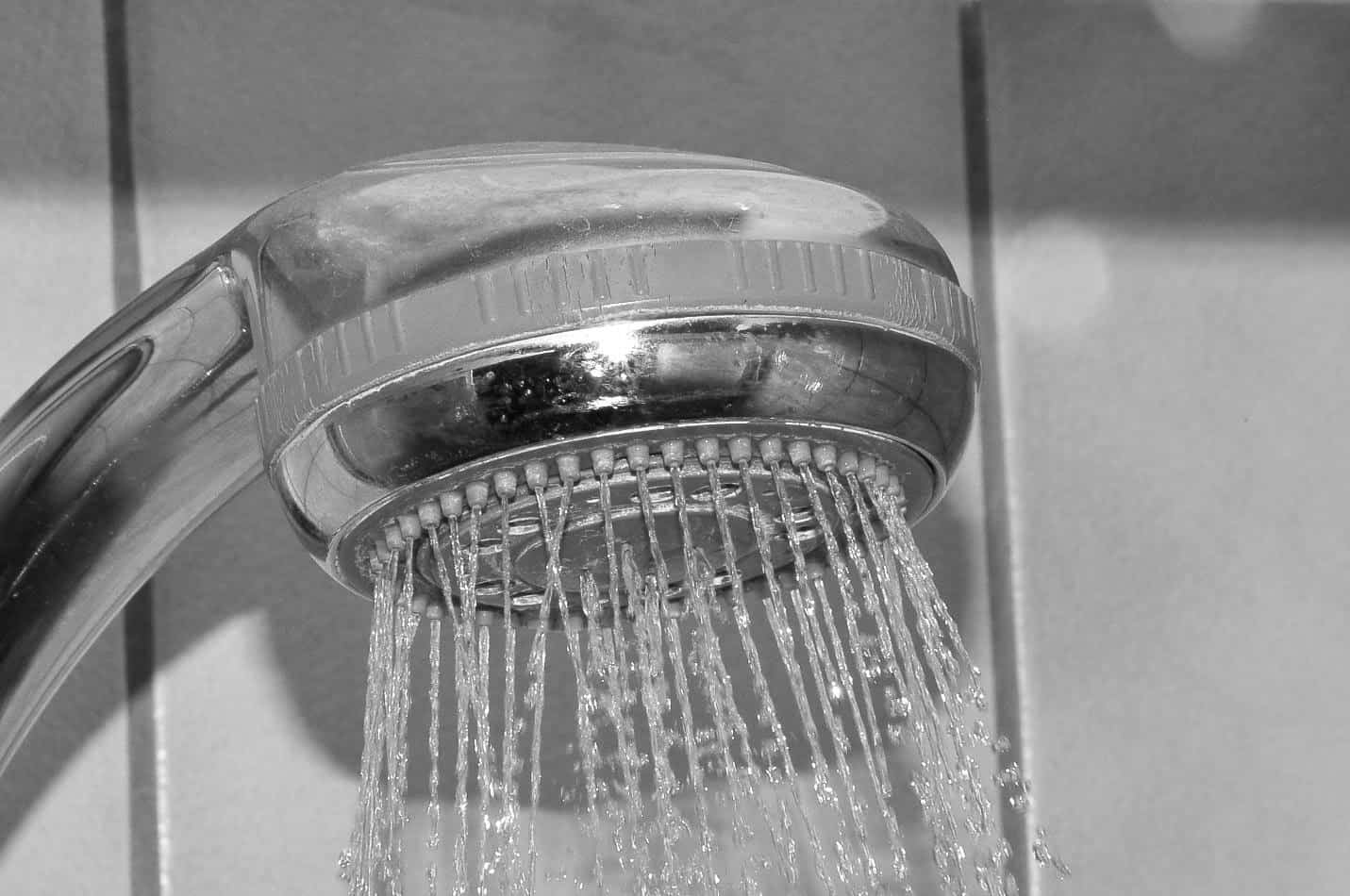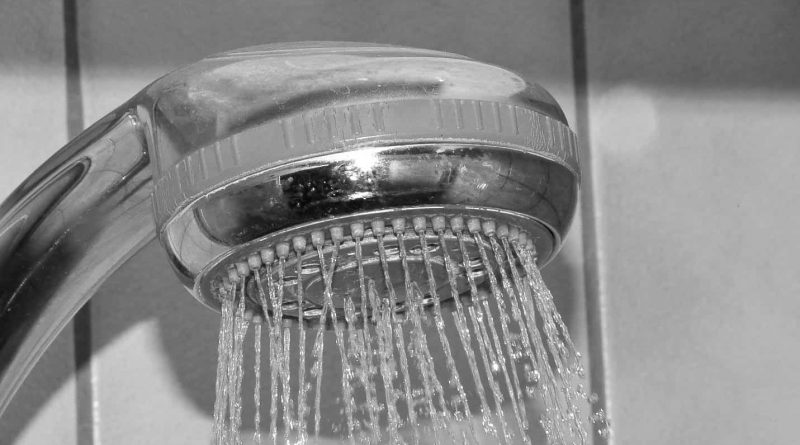How you can Clean Polished brass shower head Easily Using A Few Easy Steps

Is your polished brass shower head dirty? Well, you probably want for how to wash shower head. Right now, let's assume that you have already checked countless places and also have not found a precise solution. Isn’t it? Well, don’t worry because we bring to you a few of the best shower head cleaning hacks.
You might want to know how to clean shower head filter. It a very good idea to follow along with the basic steps and other aspects. Furthermore, you need to avoid stepping out with a dirty shower head. A dirty polished brass shower head will result in messy hair and damaged hair quality. You surely do not want to be involved in the same. If you want to enhance your hair quality, you should utilize clean showerheads.
Cleaning shower heads
Your bathroom shower head is one of the main parts or spots of your home that you simply be prepared to be clean. It is not going to be doing self-cleaning. Hence, you need to break free in the general routine and stick to the basic steps to help make the shower heads appear clean.
You might want to use the easy shower head cleaning hacks. Washing the showerhead can be extremely tough if hard water builds over it. There are mineral deposits that could affect the water flow, thereby resulting in blockages. If you see many of these blockages, you have to clean these micro-jets. This can play an important role in improving the shower cleaning experience.
Why should you regularly clean your showerheads?
Cleaning the showerhead must be the minor essential thing that you will want to complete. We are able to always see dirty bathtubs, but we cannot see dirty showerheads. Since we can't always see dirty showerheads, we don’t wish to clean them.
Organic matter buildup and nutrients are the common buildups. These may eventually clog the pores, thereby using a negative effect on the water flow. Should you suddenly notice the decrease in water pressure or irregular spray patterns, you should think about washing the showerheads.
Moreover, you will find health factors to consider too for cleaning the showerheads. The showerheads are often required to be in a hot and humid environment. Hence, this kind of environment turns out to be highly beneficial to the growth of germs. Moreover, it may also result in slime buildup, which could cause irritants and modify the chlorine too.
Dirty or unclean showerheads may contain bacteria and pathogens, which can directly impact pulmonary disease. Furthermore, their unwanted growth will also lead to the growth of infections. Whenever you turn on your hot shower, it paves the way of these bacterias’ easy movement, thereby which makes them more prone to be inhaled.
You have to be very careful while deciding on the showerhead materials. Comparatively, plastic showerheads have a tendency to attract more pathogens. Hence, you may want to use metal showerheads.
What leads to showerheads being dirty?
Before understanding how to wash showerheads, it's important to understand why shower heads are now being dirty? The showerheads could get dirty because of various reasons. A few of these reasons include the following.
- Deposition of dirty and tiny organic matter.
- Accumulation of debris from the water.
- Accumulation of slime and minerals from water.
No appear kind of water you are using (well or city), it is necessary to know that all of those can harm your showerheads. Hence, it is crucial to battle and remove the microscopic items. When we clean the shower heads regularly, it becomes highly easy to understand how to wash showerheads.
How to wash shower head?
There isn't any rigid way of washing the showerheads. The process for cleaning shower heads would entirely rely on the type of shower you have. Furthermore, you will also need to comprehend the quantity of debris that is collected in the showerheads.
Some of the common methods to clean shower heads range from the following.
Rub the nozzles
The first step towards cleaning the shower heads is rubbing the nozzles. If your shower head has numerous holes and it is flexible, you should massage it and remove it.
If you rub the nozzles making use of your fingers, it might be straightforward for you to remove the collected debris. This is the key step to understanding how to clean shower head filter. Aside from using your fingers, you may also use an old toothbrush for added advantages.
Nonetheless, it'll simply be effective for a while. Hence, if you want to get long-term solutions, you will have to implement different techniques.
Clean polished brass shower head with vinegar
Many people prefer washing the showerhead using vinegar. However, you should avoid using harsh vinegar since it may end up damaging your shower head. Instead, based on expert advice, you should use white wine vinegar.
Make certain to make use of the acid in vinegar tactfully so that it can break down rust and lime. You can pour vinegar right into a plastic bag and tie it to the showerhead. For those who have basic and light stain issues, you'll be able to get rid of them easily. Allow the mixture to hold inside for some time before removing it.
Once you're done washing the shower head, you should run warm water around it so that it can help to avoid stain and residue buildup. Furthermore, you can utilize an old toothbrush or toothpick to get rid of the stain.
Remove the showerhead and soak in vinegar
It is one of the best ways to take away the stain and residue buildup. This is among the best ways to take away the excess buildup from showerheads.
You should remove or dismantle the showerhead and set it in a bucket of vinegar and warm water. Be sure to use some white vinegar. It might help should you allowed it to soak for either overnight or three hours. Make sure to clean the showerhead with fingers or toothbrushes after removing them from that space. It is advisable to offer complete cleaning and rinsing using warm water.
You may want to follow expert consultancy to learn how to wash shower head. It is advisable to clean the shower heads with tepid to warm water after applying any harsh material into it to avoid corrosion.

